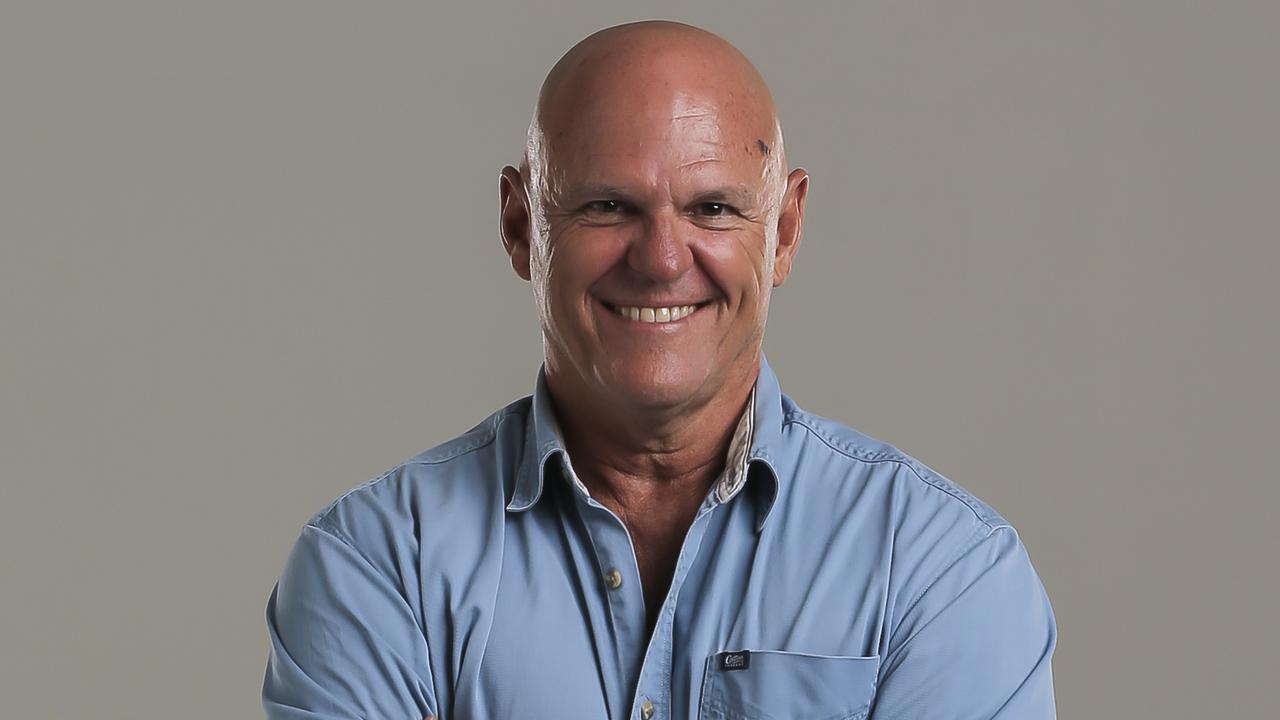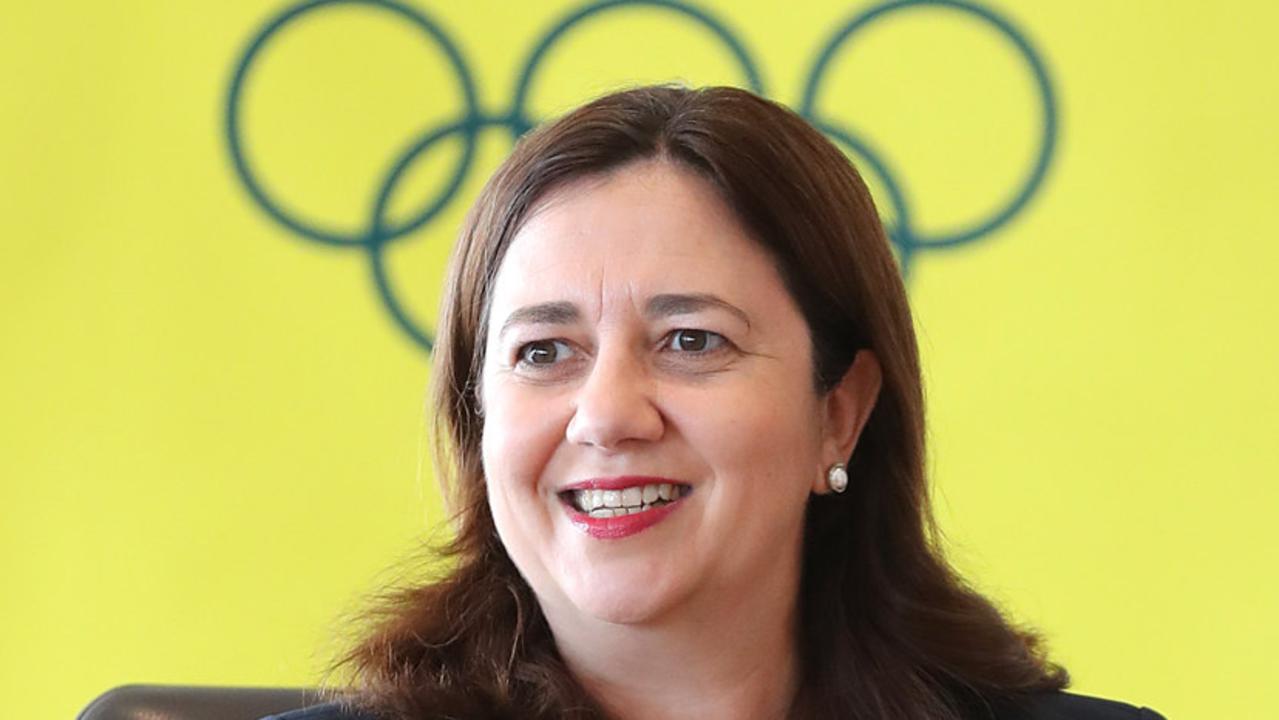Interview before Annalise Braakensiek’s death confirms the worst thing you can do to friend suffering depression
Annalise Braakensiek had been active in sharing her long battle with depression on social media, but it’s what some of her closer acquaintances did when she opened up to them that has once again highlighted the tragedy of her death and those of many others.
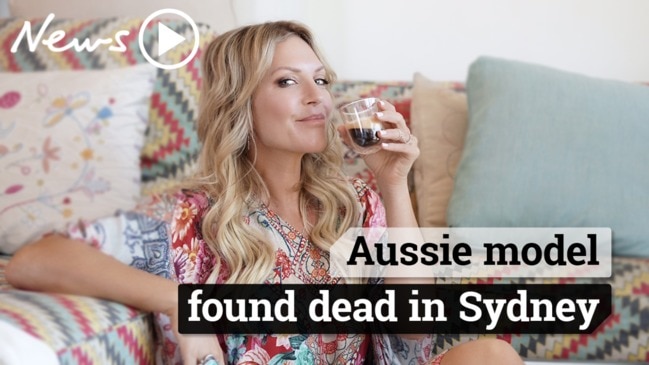
Opinion
Don't miss out on the headlines from Opinion. Followed categories will be added to My News.
DESPITE awareness campaigns and celebrity endorsements, mental illness remains a taboo subject, one to be broached with caution – that caution being that if you tell someone you suffer from depression, they will turn on their heels and run the other way.
The tragic passing of model Annalise Braakensiek, 46, who died in her Sydney apartment on Sunday in circumstances police are not treating as suspicious, highlights this very fact.
Tributes pour in after model Annalise Braakensiek found dead
The former Fat Pizza star, who’d long battled the “black dog” and shared her struggles on social media, said in a recent interview that when she told people about her illness, they couldn’t escape quickly enough.
Not only that but she was widely criticised, almost as if she had no right to feel this way.
In an interview with The Daily Edition, Ms Braakensiek, who was an ambassador for the R U OK? campaign, said: “It was the … negative reaction people had to me being depressed and falling under the dark cloud.
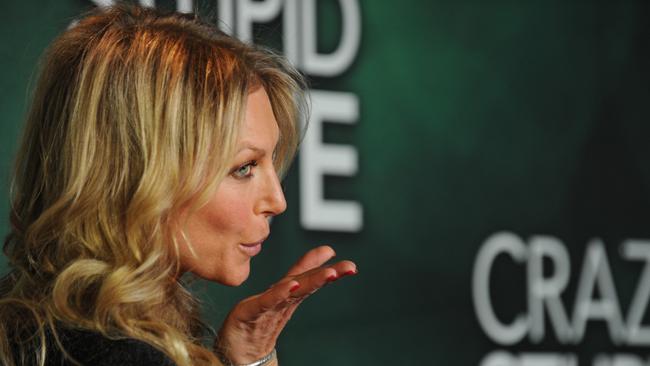
“In many ways my life is wonderful, for which I’m extremely grateful and there’s no doubting that, but when you’re suffering these kinds of things for people to say how dare you — you’re a model, you’re a millionaire, you’re round the world. That’s got nothing to do with this.”
Nothing at all.
Depression is not an affliction that discriminates on socio-economic grounds.
According to Beyond Blue, three million Australians suffer from anxiety or depression.
The independent non-profit organisation says depression – a prolonged period of intense sadness as opposed to a mood - is unlikely to go away by itself. Psychological therapies and medical treatments can help, but so too the firm support of family and friends.
While sufferers can want to withdraw, loved ones must continue to reach out.

“It can be hard to socialise if you’re experiencing depression,” Beyond Blue says on its website, “but spending time alone can make you feel lonelier and cut off from the world, which in turn makes it harder to recover.”
It says it is important to say yes to social invitations, even if it’s the last thing you feel like doing, and to talk to someone who is caring and supportive: “Staying connected improves your wellbeing and confidence.”
I don’t suffer from depression but have friends who do, and it’s frustrating to feel that you are unable to take away their pain.
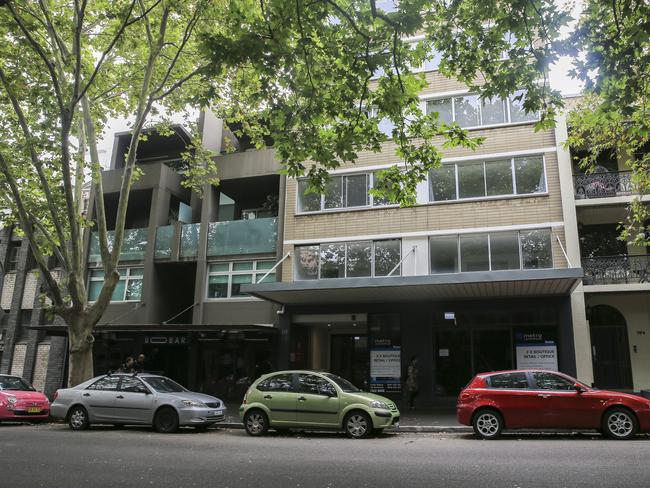
Words, hugs and kind gestures can seem so insignificant when someone is in a dark place fighting for a glimmer of light but failing to find it.
But the worst thing a friend can do is be a deserter, and that includes implying that the person is overreacting or merely seeking attention.
Ultimately, we can’t always save a life but we should never stop trying.
BEYONDBLUE 1300 224 636
LIFELINE 13 11 14

